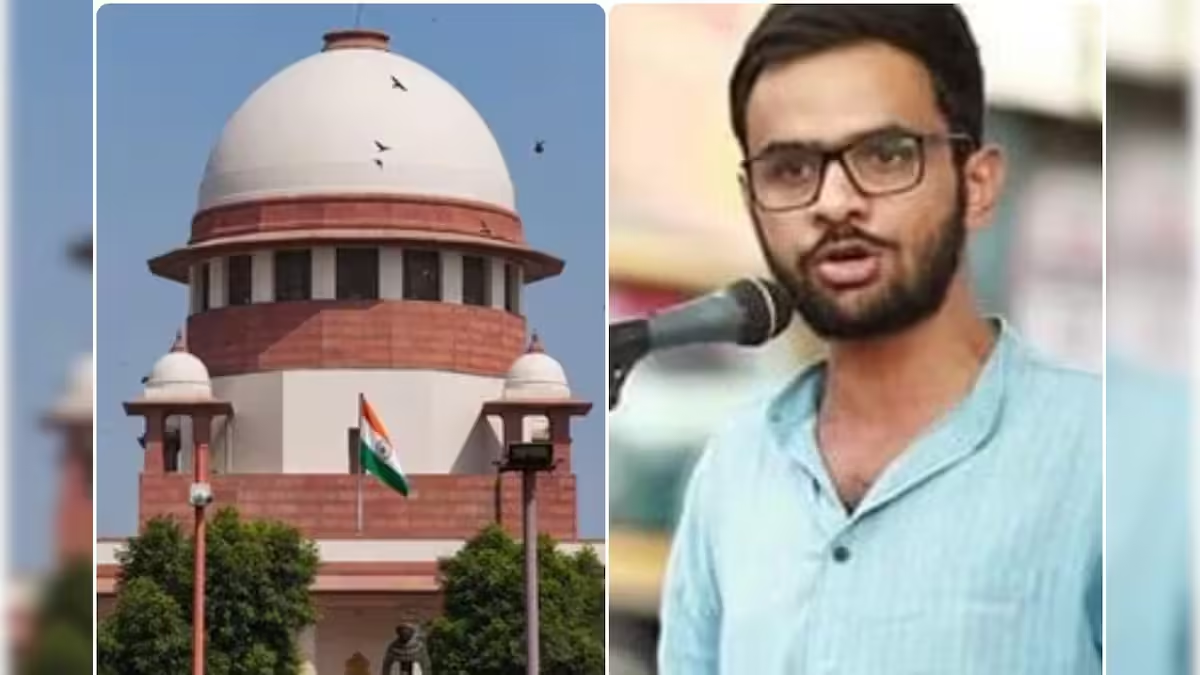The country’s peak court today heard the petitions of activists Omar Khalid, Sharjil Imam, Gulfisha Fatima and Miran Haider in the UAPA case related to the alleged conspiracy of the riots of Delhi in February 2020. The next trial of the case is on October 7. What is the whole thing? Explain that these activists disputed the Delhi Supreme Court’s September 2 on September 2 in which nine people, including Khalid and Imam, were denied bail. Explain that the Supreme Court said that conspiracy violence cannot be allowed by the citizens under the guise of protests or protests. Apart from Khalid and Imam, Fatima, Haider, Mohammad Salim Khan, Shifa Ur Rehman, Athar Khan, Abdul Khalid Saifi and Shadab Ahmed were also recorded by the Supreme Court, whose petitions were rejected. What did the Delhi High Court say? The Delhi High Court said that the Constitution gives the citizens the right to protest or excitement, provided they are systematic, peaceful and unarmed, and that such action must be under the law. However, the Supreme Court acknowledged that the right to participate in peaceful protests and addressing public meetings under section 19 (1) (a) is preserved and cannot be clearly limited, it also said that it was not fulfilled and subject to proper restrictions. Delhi’s riots were convicted that Khalid, Imam and the rest of the accused were discussed under the provisions of the UAPA and the then Indian Criminal Act on charges of the alleged conspiracy for the riots of February 2020. 53 people were killed and more than 700 were injured in these riots. Share this story -tags
Supreme Court is seeking the reply from the Delhi police on the bail of Omar Khalid, “Riots in Delhi, notice to the AAP government
